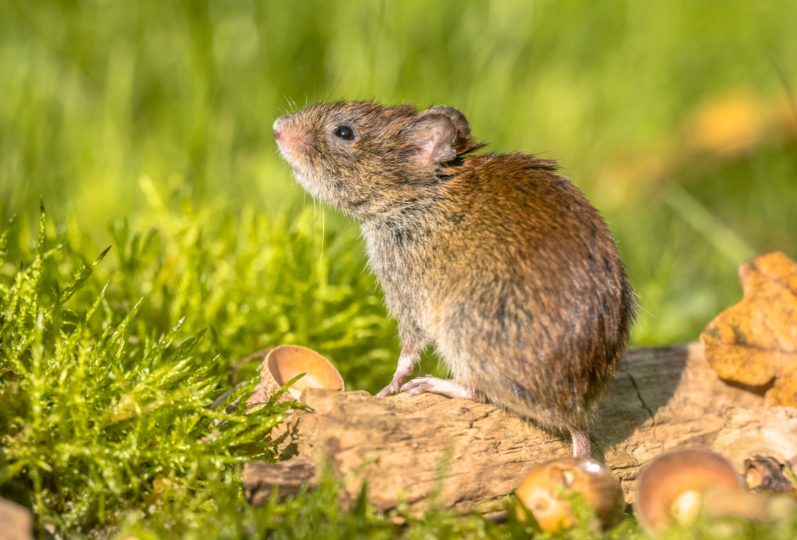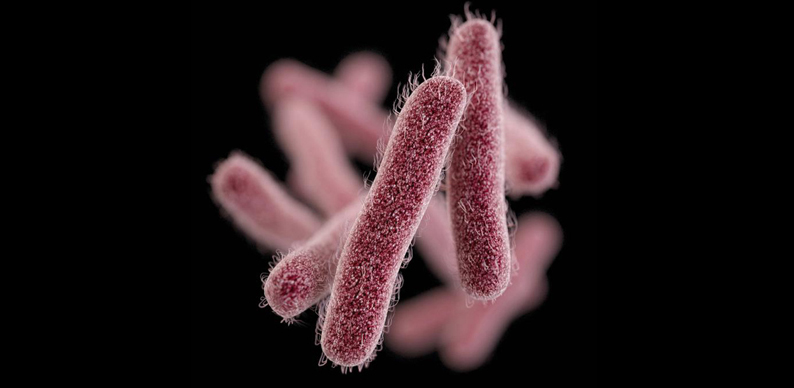A wild vole ― a small, mouse-like rodent ― collected in routine monitoring in an open, rural area in Chula Vista has tested positive for hantavirus, the first local detection of the potentially deadly disease in 2022.
County officials are reminding people to never sweep up or vacuum up after wild rodents if they find them in their homes, garages, sheds, cabins or other living spaces. People should use “wet-cleaning” methods instead to keep from breathing in the virus and getting sick.
Finding hantavirus in wild rodents is not uncommon in San Diego County and there is no vaccine or cure for it. However, people rarely come into contact with hantavirus because wild rodents tend to live away from people.
People can be exposed to hantavirus when wild rodents shed the virus in their urine, feces and saliva, the matter dries, is stirred into the air and people breathe it in.
If people find wild rodents, nests or signs of them in their living spaces and must clean, they should always use “wet cleaning” methods — using bleach or other disinfectants, rubber gloves and bags. They should NOT sweep or vacuum, which could stir hantavirus into the air where it could be inhaled.
Here are tips for people to prevent being exposed to wild rodents and hantavirus, and how to use wet-cleaning methods.
Avoid Exposure to Hantavirus
- Seal up all external holes in homes, garages and sheds larger than a dime to keep rodents from getting in.
- Eliminate rodent infestations immediately.
- Avoid rodent-infested areas and do not stir up dust or materials that may be contaminated with rodent droppings and urine.
- Clean up rodent droppings and urine using the wet cleaning method described below.
Use “Wet-cleaning” Methods to Prevent Inhaling the Virus
- Do not sweep or vacuum infested areas.
- Ventilate affected area by opening doors and windows for at least 30 minutes.
- Use rubber gloves. Spray a 10 percent bleach solution or other disinfectants onto dead rodents, rodent droppings, nests, contaminated traps, and surrounding areas and let the disinfectant stand for at least 15 minutes before cleaning.
- Clean with a sponge or a mop that has been soaked in disinfectant.
- Place disinfected rodents and debris into two plastic bags, seal them and discard in the trash.
- Wash gloves in a bleach solution, then soap and water, and dispose of them using the same double-bag method.
- Thoroughly wash your hands with soap and water.
For more information, contact the County Department of Environmental Health and Quality (DEHQ) at (858) 694-2888 or visit the DEHQ hantavirus web page.






